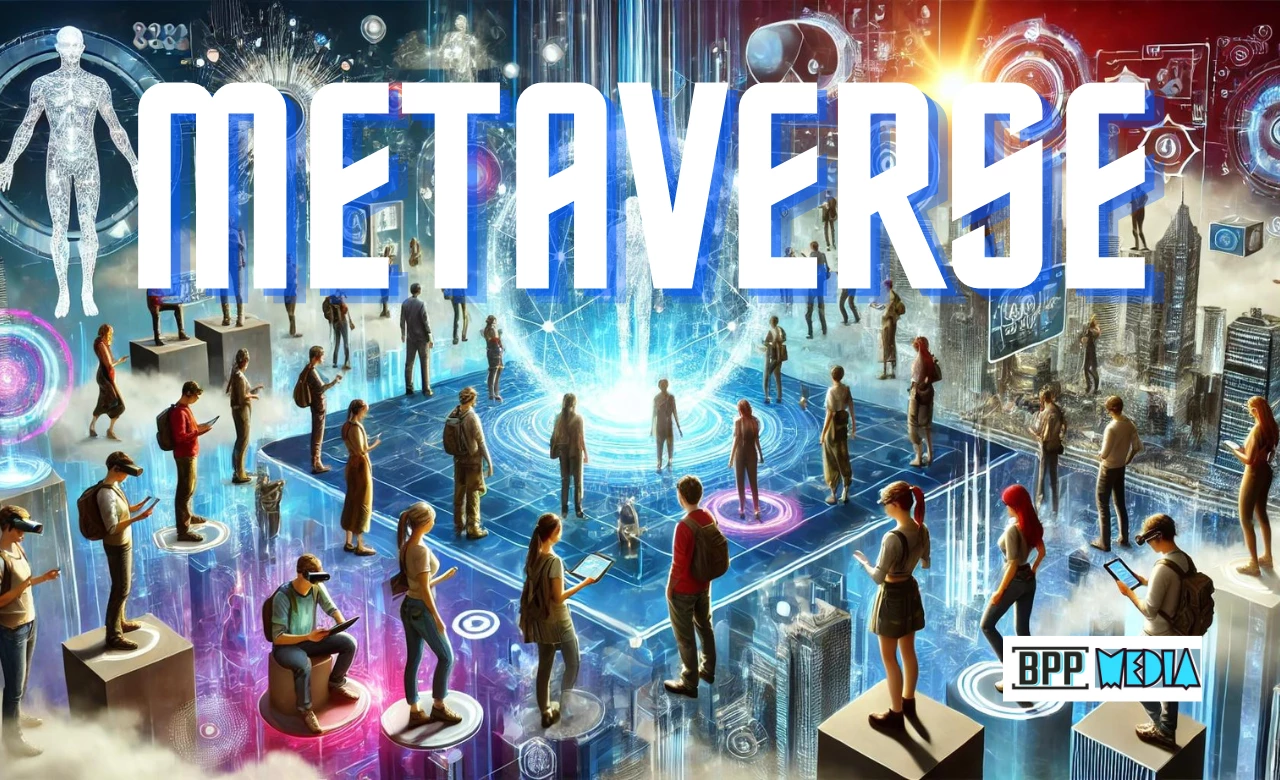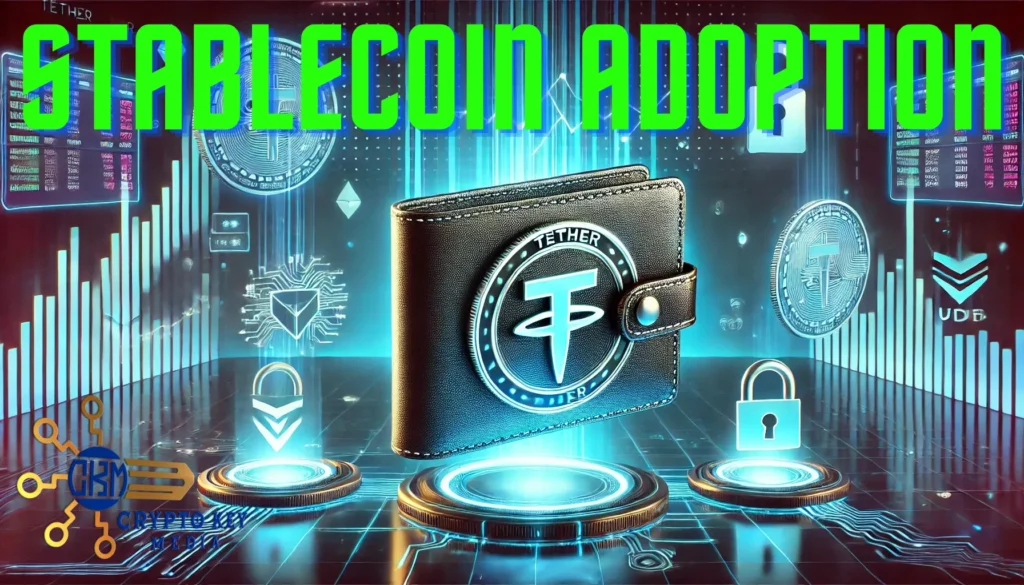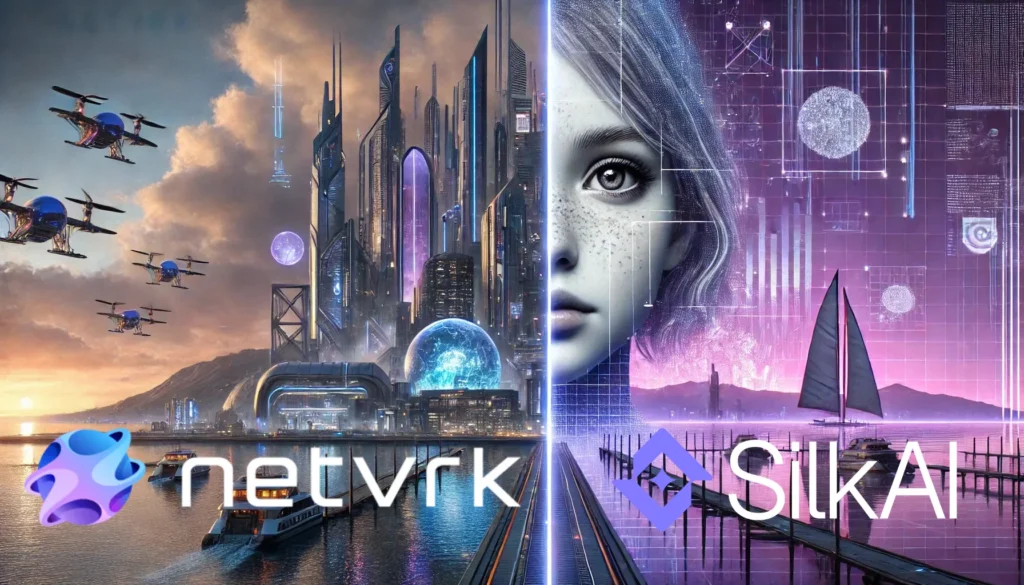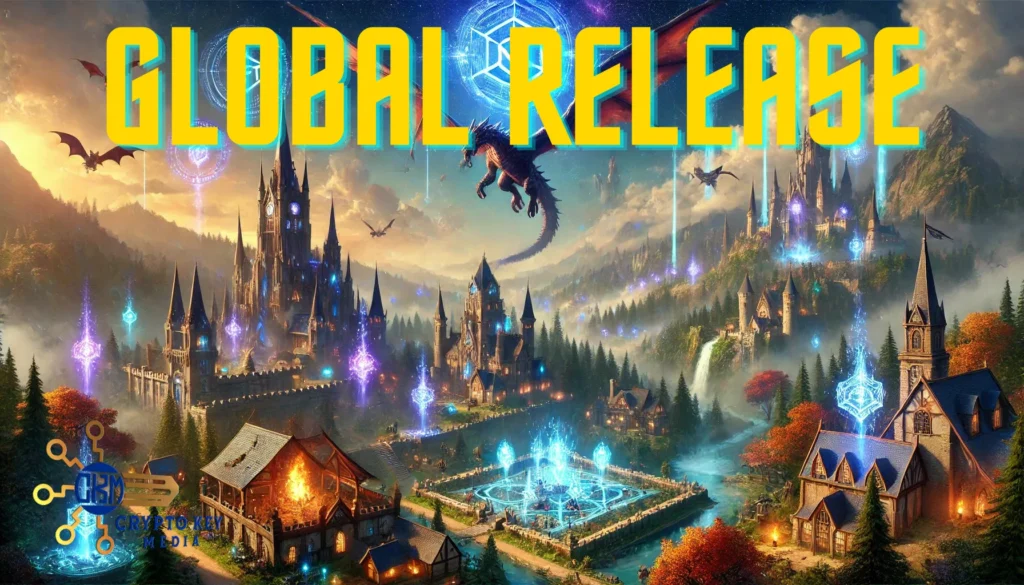
The future of the metaverse is emerging as a revolutionary concept that promises to redefine how we interact with digital technology. Often described as the next iteration of the internet, it envisions a comprehensive virtual space where users can engage in various activities such as socializing, entertainment, shopping, and professional work.
Key Features
One of the defining features of the future of the metaverse is its exceptional immersion and presence. Users will navigate this virtual world using avatars, opening up new possibilities for social interaction, gaming, and business operations. This immersive experience has the potential to transform how we connect in both personal and professional contexts.
Economic Impact
The future of the metaverse holds significant economic potential. It is expected to foster a new wave of entrepreneurship and innovative business models. Platforms like Roblox and Fortnite are exploring these opportunities with virtual events and concerts that attract millions. The ability to create and trade digital assets within this new virtual realm could lead to advancements in digital commerce.
Challenges and Concerns
Despite its potential, the future of the metaverse presents several challenges. Major concerns include the risk of addiction and the blurring of lines between virtual and real-life experiences. Additionally, privacy, security, and potential exploitation are issues that need to be addressed to ensure a safe and inclusive virtual environment.
Transformative Potential
Even with these challenges, the future of the metaverse holds transformative potential. As technology evolves, it will be fascinating to observe how it develops and the new opportunities it creates. This evolving space could revolutionize how we work, socialize, and learn, offering innovative ways to interact with technology.
Understanding the Metaverse
The term “metaverse” describes a collective virtual space that integrates various digital environments, such as online games, social media, and virtual reality. Combining “meta” (beyond) with “universe,” it represents a universal virtual realm facilitated by advances in VR and AR technology. Originating from the 1992 science fiction novel Snow Crash, it aims to create an immersive virtual experience.
Vision Beyond Entertainment
The vision extends beyond traditional gaming and entertainment. Imagine attending virtual business meetings, shopping in digital marketplaces, or exploring virtual museums from home. The metaverse seeks to overcome physical barriers, fostering a global community where location is no longer a limitation.
Educational Opportunities
Educational institutions are exploring how the metaverse could enhance learning experiences. Virtual classrooms may provide immersive educational experiences that traditional settings cannot match. For example, students might study ancient history while virtually touring the pyramids or explore human anatomy in a detailed 3D model. The metaverse has the potential to transform education.
Economic Implications
The economic implications are vast. As virtual real estate becomes increasingly valuable, a new digital economy might emerge. Artists and creators could find new ways to monetize their work, businesses might establish virtual storefronts, and real estate agents could sell land within these digital worlds. The metaverse is set to revolutionize digital commerce.
Role of Cryptocurrencies
Cryptocurrencies and blockchain technology are expected to play a crucial role in the metaverse. Digital currencies could facilitate secure transactions within this virtual realm, while non-fungible tokens (NFTs) might represent ownership of digital assets, including virtual real estate and unique digital art.
Addressing Challenges
While the metaverse is exciting, it comes with challenges. Digital addiction is a concern, as increased time in virtual environments might lead to neglect of real-world responsibilities. Balancing virtual and real-life interactions will be crucial for maintaining overall well-being.
Privacy and Security
Privacy and security are critical issues. The data generated in these virtual spaces could be a target for cybercriminals. Ensuring robust security measures to protect personal information and digital assets will be essential, especially for vulnerable populations like children.
Looking Ahead
Despite these obstacles, the future of the metaverse looks promising. As technology advances, the line between virtual and physical worlds will continue to blur. The metaverse has the potential to transform our interactions with technology, offering new avenues for social engagement, business innovation, and education.
In conclusion, the future of the metaverse represents an exciting new frontier in digital reality. While challenges remain, the possibilities are vast and transformative. As we approach this new digital era, it will be intriguing to see how the future of the metaverse shapes our world.
For more insights, explore our articles and stay updated with the latest developments.
Read More: Here







